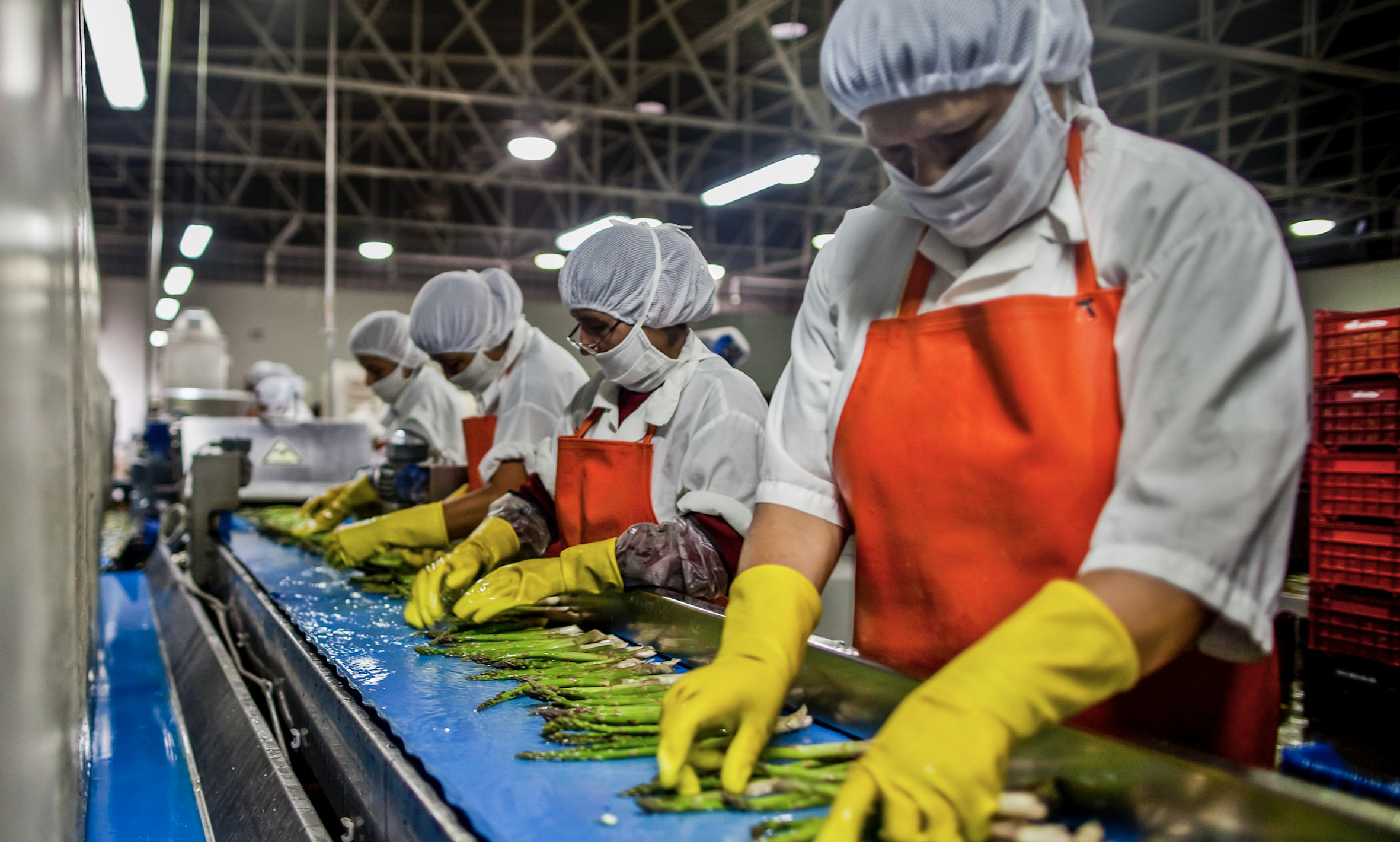New research shows food system is responsible for a third of global anthropogenic emissions
16 June 2021 Charles ARTHUR

VIENNA, 11 June 2021 - The world’s food system is responsible for a third of global anthropogenic greenhouse gas (GHG) emissions, according to new research by a team led by the UN Food and Agriculture Organization and consisting of experts from UNIDO, UNDESA, Columbia University, NASA and several policy-focused research centres.
Greenhouse Gas Emissions from the Food System: Building the Evidence Base presents new estimates of greenhouse gas (GHG) emissions from the food system developed at the country level and integrating data from crop and livestock production, on-farm energy use, land use and land use change, domestic food transport and food waste disposal. With the addition of global and regional estimates of energy use in food supply chains, the research results indicate that food system emissions amounted to 16 billion tonnes of carbon dioxide or equivalents (CO2eq) in 2018, an eight percent increase since 1990.
According to the research, a quarter of these food system emissions were generated through land use change at the conversion boundaries of natural ecosystems to agricultural land, while the other three-quarters were generated either within the farm gate or during pre- and post-production activities, such as manufacturing, transport, processing and waste disposal.
UNIDO’s Alessandro Flammini, one of the authors of the study, notes that the amount of emissions from pre- and post-production activities is much higher than commonly perceived. He says detailed emissions information about critical components of the food system beyond crops, livestock and land use are only recently becoming available.
The food system is recognized as a central issue in climate change mitigation. Flammini explains, “The majority of the mitigation commitments communicated by countries to the UN Framework Convention on Climate Change (UNFCCC) include agriculture and land use as strategic priorities, but these cover mainly the non-CO2 emissions generated within the farm gate.”
“Important CO2 emissions of food production and consumption are not accounted for in this inventory category, and are spread under other IPCC categories such as energy, industry or waste, making it difficult to realize the importance of food for GHG emissions.”
The researchers developed new food system data at the country level for the period 1990–2018 for: domestic food transport (mainly CO2), food waste disposal (CH4 emissions from the decomposition of solid food waste in landfills and CO2 emissions from the incineration of food waste), and CH4 and N2O emissions from domestic and industrial wastewater management. Regional and global estimates of food system emissions from energy use in food supply chains were also included.
The research results, showing the increase in pre- and post-production emissions in the global food system, highlight the potential of food-related GHG mitigation strategies, providing impetus for innovative approaches in food supply chains, consumption, and waste processes.
This, together with the fact that industry is responsible for around 30% of GHG emissions, underpins the relevance of UNIDO’s mandate for climate change mitigation.
In September 2021, UN Secretary-General António Guterres will convene a Food Systems Summit (UNFSS) as part of the Decade of Action to achieve the Sustainable Development Goals (SDGs) by 2030. The Summit will bring people together to transform the way the world produces, consumes and thinks about food.
The article about the research is published by Environmental Research Letters and is available online at: https://iopscience.iop.org/article/10.1088/1748-9326/ac018e